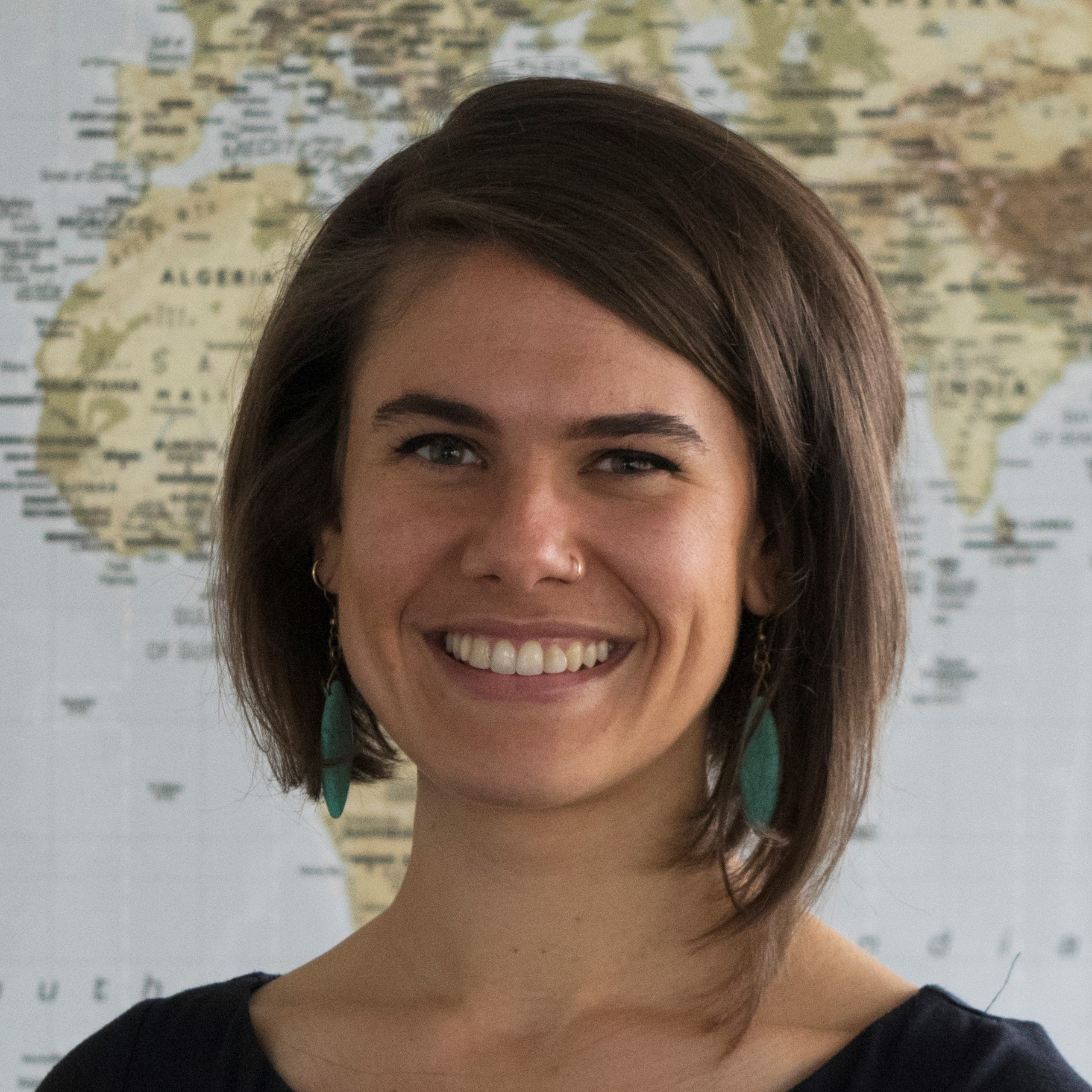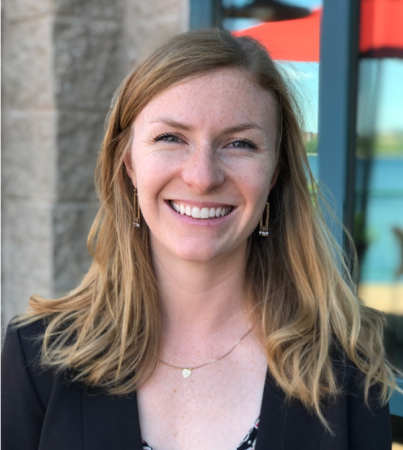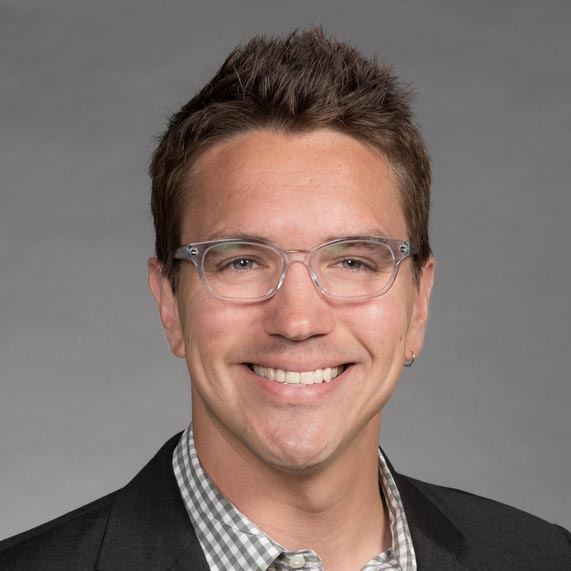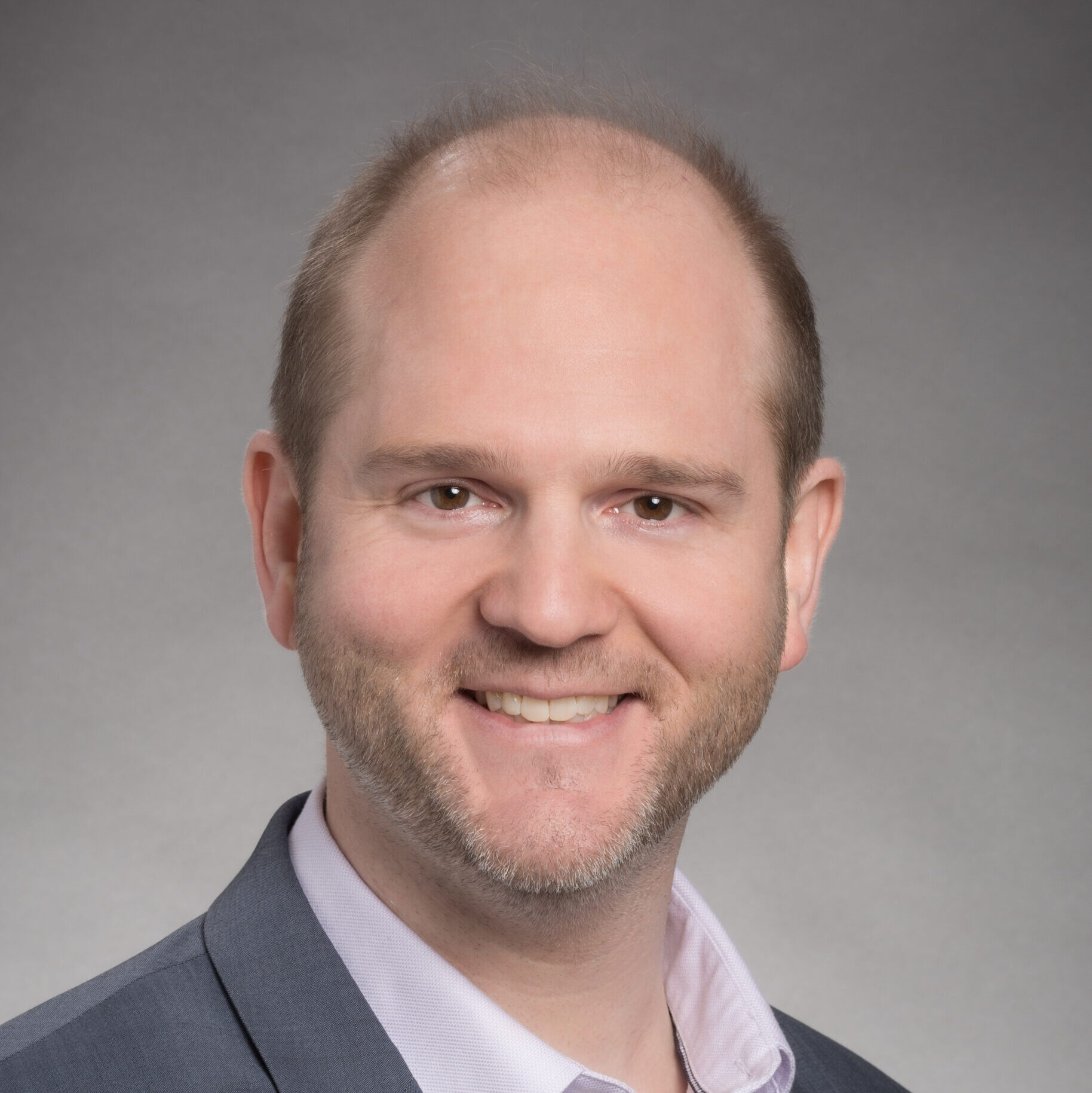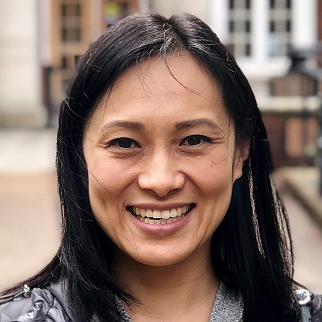Funding has been awarded to principal investigator Caryl Feldacker by the National Institutes of Health for "Expanding and Scaling Two-way Texting (2wT) to Reduce Unnecessary Follow-Up and Improve Adverse Event Identification Among Voluntary Medical Male Circumcision (VMMC) Clients in the Republic of South Africa."
Abstract:
Services providing voluntary medical male circumcision (MC) are struggling to meet ambitious targets of 5 million annual MCs; MC expansion failure reduces the HIV prevention impact where it is most needed in sub-Saharan Africa. Current global MC guidelines require one or more follow-ups for early adverse events (AE) detection. However, with low AE rates, overstretched clinic staff waste invaluable resources conducting routine unnecessary reviews for MC clients without complications; men healing well needlessly pay for transport, miss work, and wait for reviews. In weak healthcare systems in SSA, MC quality is buckling. Innovations focusing MC follow-up only on men with potential AEs could vastly reduce unnecessary visits, providing critical resources for quality MC optimization and scale.
Our randomized control trial (RCT) in two peri-urban clinics in Zimbabwe tested two-way texting (2wT) between patients and providers, allowing men healing without complication to opt-out of routine post-operative visits, streamlining in-person care. 2wT safely reduced client visits by 85% and ascertained more AEs for improved program quality. The Republic of South Africa’s (RSA) MC context of high-volume urban clinics, remote service delivery, and low AE rates threaten MC scale-up. In RSA, 500,000 multi-stage, unnecessary MC reviews are likely conducted, annually. In urban sites, this causes service delivery bottlenecks; in rural areas, follow-up requires multiple, multi-hour trips, curtailing productivity. RSA pressure for MC expansion, good cell coverage, and severe health system constraints suggest 2wT’s impact would be significant for MC care quality and efficiency, especially in rural areas.
We seek to develop an adaptable 2wT dissemination and implementation model at scale (2wT-2-SCALE) delivered by routine MC teams, not research teams. First, an RCT will rigorously demonstrate how 2wT improves AE ascertainment and follow-up efficiency in both high-volume urban and remote rural clinics. Then, we then scale (2wT-2-SCALE) via a one-year, quasi-experimental, step-wedge research design (intensive) with insights gained from one additional year of 2wT-based follow-up using routine VMMC teams (maintenance). Guided by implementation science frameworks and tools, we employ mixed-methods evaluation to assess 2wT-2-SCALE’s impact on VMMC service quality.
We aim to 1) generate SA evidence determining how 2wT increases AE ascertainment while reducing workload; 2) develop an effective dissemination and implementation strategy at scale (2WT-2-SCALE), using RE-AIM-based evaluation of program Reach, Effectiveness,Adoption, Implementation, and Maintenance; and 3) use activity based micro-costing estimate the budget and program impact from the payer perspective to scale-up the 2wT intervention compared to the standard of care.
This mHealth implementation research is a highly innovative and systems-focused, establishing both the local evidence-base and the timely, real-world information to support its further adaptation, adoption, and spread to improving efficient, safe scale up of high quality MC services in RSA and beyond.
Sponsor Award Number: 1R01NR019229-01
TB PrEP – Integrating HIV prevention with TB household contact evaluation
Jennifer Ross, MD, MPHContinue reading→
Addressing Clinician Bias to Improve Equitable Implementation of Evidence-Based Practice
Freda Liu, PhD & Aaron Lyon, PhDContinue reading→



